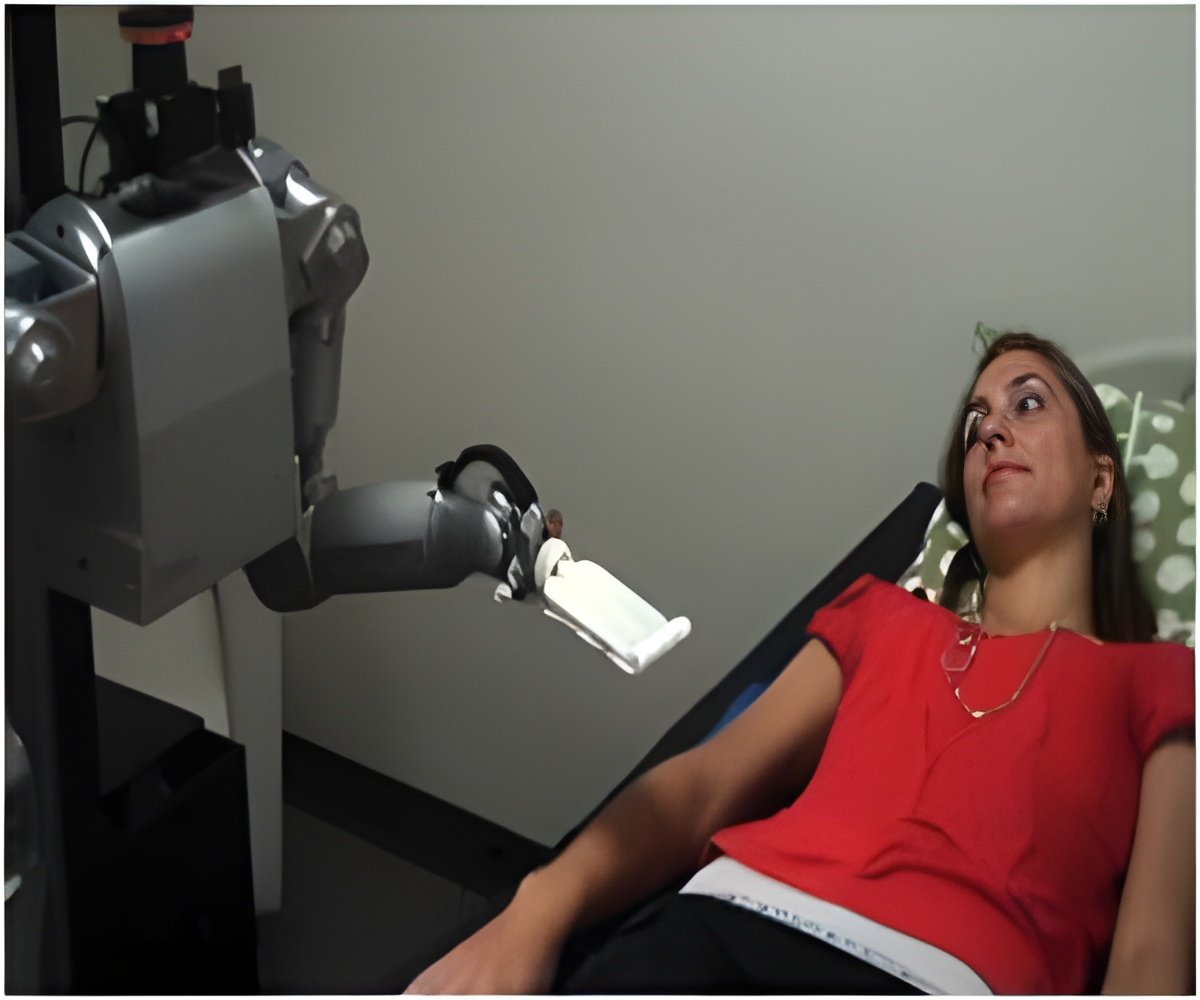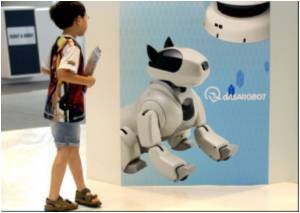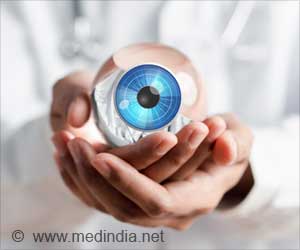
Shane Moan, clinical director of the high-dependency unit at Daisy Hill, says: "The two-way, real-time communication RP7 makes possible is a vast improvement on what would have been a phone call from our unit to the intensive care specialists 22 miles away."
"Patients are getting a face-to-face assessment from consultants they would not have seen before," said Moan.
RP7, bought by the area's hospitals trust for just under 200,000 pounds, has a built-in stethoscope which can record and transmit vital heart and breath sounds. The machine is taken to the bedside of any patient whose condition is causing concern, and they can be seen by Charles McAllister or one of his colleagues at the ICU at Craigavon Hospital, the other hospital in the trust network.
"I have wanted one of these robots since first seeing it at a conference several years ago. The camera doesn't just show our face to the patient, but allows the doctor to zoom in on any part of the body - for example, blowing up their eye to fill the screen so we can see if there is any sign of jaundice," says McAllister.
"We can also zoom in on the patient's observation notes so we can read them clearly and talk to their primary physician and their families in real time at the patient's bedside. It allows us to conduct a consultation at any time of day or night," adds McAllister.
Advertisement









